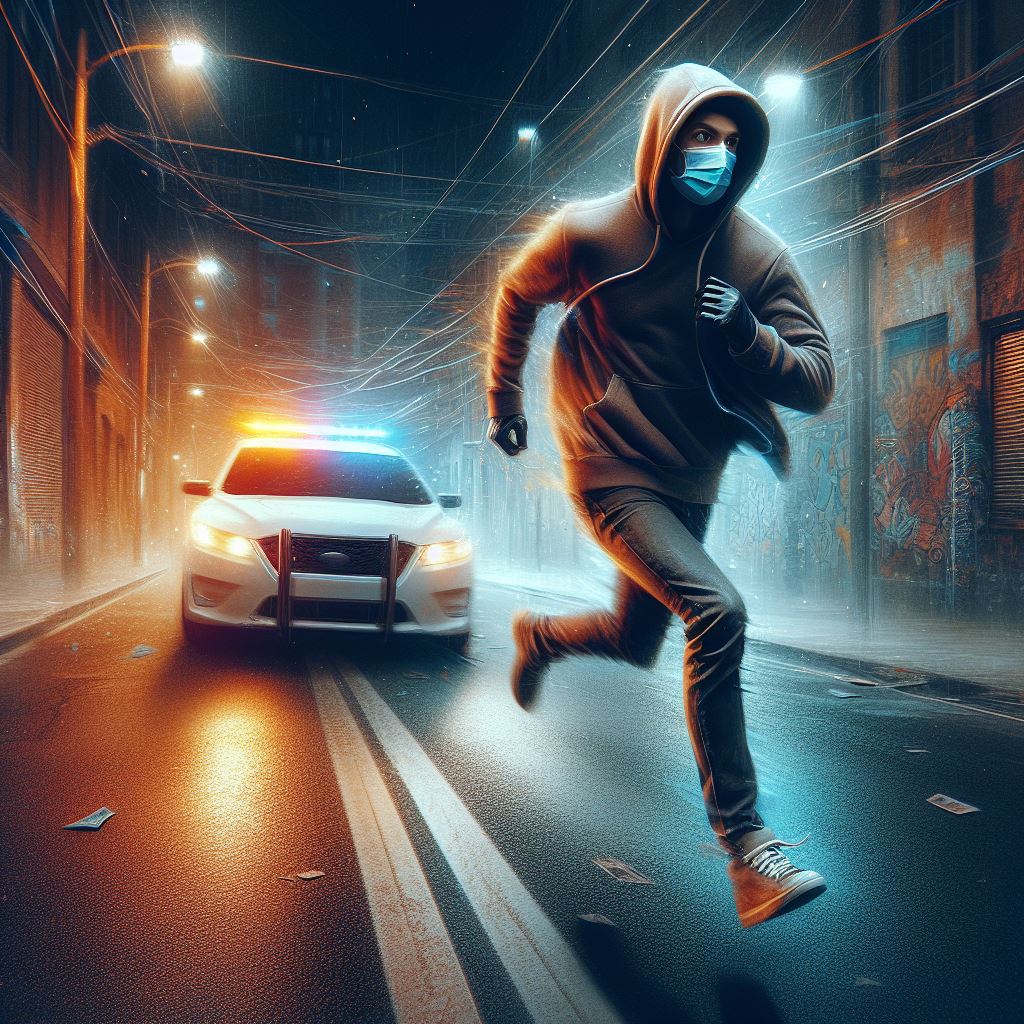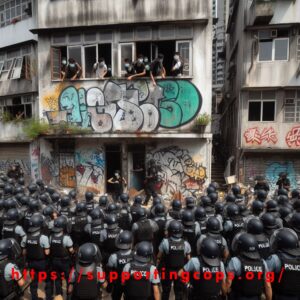What Is The Fear of Police Called?
What is Capiophobia?
Capiophobia is a specific phobia characterized by an intense, irrational fear of getting arrested. The word breaks down into “capio” meaning arrest in Latin and “phobos” meaning fear in Greek. Unlike a healthy respect for law enforcement, capiophobia can severely impact a person’s daily functioning and routines.
Breaking Down the Term
The term capiophobia comes from Latin and Greek roots, capturing the fear of arrest. This fear could stem from past trauma, general anxiety, or societal perceptions related to law enforcement and the justice system. While some anxiety around police is normal, capiophobia is an exaggerated dread that hinders normal life.
Prevalence of the Phobia
While not as common as phobias like arachnophobia, the rate of capiophobia may be influenced by cultural, societal and personal factors. However, it has the potential to cause significant distress.
Symptoms of Capiophobia
Physical Manifestations
Increased Heart Rate
Capiophobia can lead to increased heart rate, especially when confronted with potential arrest situations.
Sweating
Excessive sweating often accompanies capiophobia, resulting from flood of stress hormones.
Nausea
The extreme fear associated with this phobia can also elicit feelings of sickness and nausea.
Psychological Effects
Anxiety
This phobia leads to high anxiety surrounding the possibility of detention or run-ins with police.
Panic Attacks
Full-blown panic attacks can occur when faced with arrest-related situations.
Avoidance
Avoiding scenarios, people, places, or media related to arrest is a common behavioral symptom.
Causes and Triggers
Trauma
Past traumatic events linked to arrest can plant the seeds for this phobia.
Generalized Anxiety
Capiophobia may also arise in those predisposed to anxiety disorders.
Societal Perceptions
Negative societal narratives about law enforcement can contribute to this arrest-related dread.
Diagnosis and Treatment
Professional Evaluation
Receiving an official diagnosis from a psychologist or psychiatrist is an important starting point.
Cognitive Behavioral Therapy
Identifying Thought Patterns
CBT helps patients recognize and challenge thought patterns contributing to capiophobia.
Developing Coping Strategies
This therapy also focuses on building healthy coping strategies to manage fear.
Exposure Therapy
This involves gradual exposure to feared arrest-related situations in a controlled setting.
Medications for Symptom Relief
While not a cure, medications can temporarily relieve severe physical anxiety symptoms.
Relaxation Techniques
Practices like meditation and yoga help mitigate anxiety in capiophobia.
Living with Capiophobia
Impact on Daily Life
Capiophobia can severely restrict life, limiting behaviors or places to avoid arrest.
Extreme Avoidance
Some capiophobes may go to great lengths to avoid potential police interactions.
Restricted Media Choices
Watching arrest scenes on TV or movies can also trigger this phobia.
Overcoming the Fear
Gradual Exposure
With professional help, calibrated exposure to arrest-related stimuli can help overcome capiophobia.
Seeking Support
Connecting with others conquering phobias can provide community, accountability and inspiration.
Achieving Fulfillment
With time and treatment, being arrested can transition from terror to manageable unease.
Conclusion
Prevalence Varies
While not widespread, cultural and societal variables impact capiophobia rates.
Recovery is Possible
Like other phobias, dedicated treatment can help manage capiophobic symptoms.
Gaining Understanding
Comprehending the roots and remedies of this phobia promotes healing.







